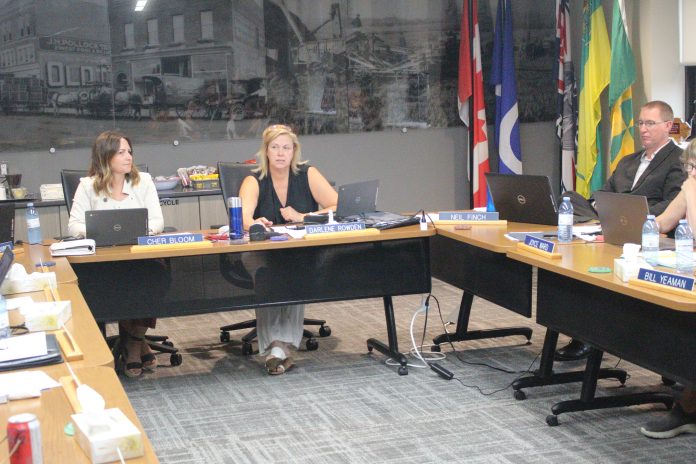The Saskatchewan Rivers School Division has formalized their parental consent policy in their administrative procedures to comply with Saskatchewan’s new pronoun policy.
Director of Education Neil Finch said they had to make the changes to follow provincial law.
“There is now the legal implications if we don’t follow it,” Finch said. “We have to follow the new bill.”
Finch said the changes ensure that parental permission is required if students want to use different pronouns or names. Under the policy, parents will have to fill out a form giving their consent.
Parents can also change it directly on the student registration, although that’s not a new change.
“We’ve had that happening for years but (there’s) the additional form if parents don’t decide to just change the registration form,” Finch explained. “There’s a form for them to fill out so that would be the major changes of having a basically it’s a parent permission form.”
The change follows former Education Minister Dustin Duncan’s announcement in August of new parental inclusion and consent policies for Saskatchewan schools.
According to the new policies, schools must seek parent/guardian permission when changing the preferred name and pronouns used by students under the age of 16 in the school.
Parents/guardians must be informed about the sexual health education curriculum and have the option to decline their children’s participation.
The administrative procedure did not address the pause on involvement of any third-party organization connected to sexual health education.
Parent/guardian consent for students under 16 will be required to change a student’s name or pronouns in the school.
For students 16 and over, parent/guardian consent is not required.
The law was passed in the Legislature using the Notwithstanding Clause on Oct. 21.
On Sept. 28 a Regina judge granted an injunction that halted the policy until it was further argued in court. In his written decision, Justice Michael Megaw said the injunction was necessary to prevent any “irreparable harm.”
In response, Premier Scott Moe recalled the legislature early to invoke the notwithstanding clause.
The notwithstanding clause allows governments to override certain sections of the Charter of Rights and Freedoms, shielding the law from “judicial invalidation.” The clause cannot be used on the grounds that it violates democratic rights, mobility rights, or minority language rights
–with files from Jayda Taylor/Daily Herald


